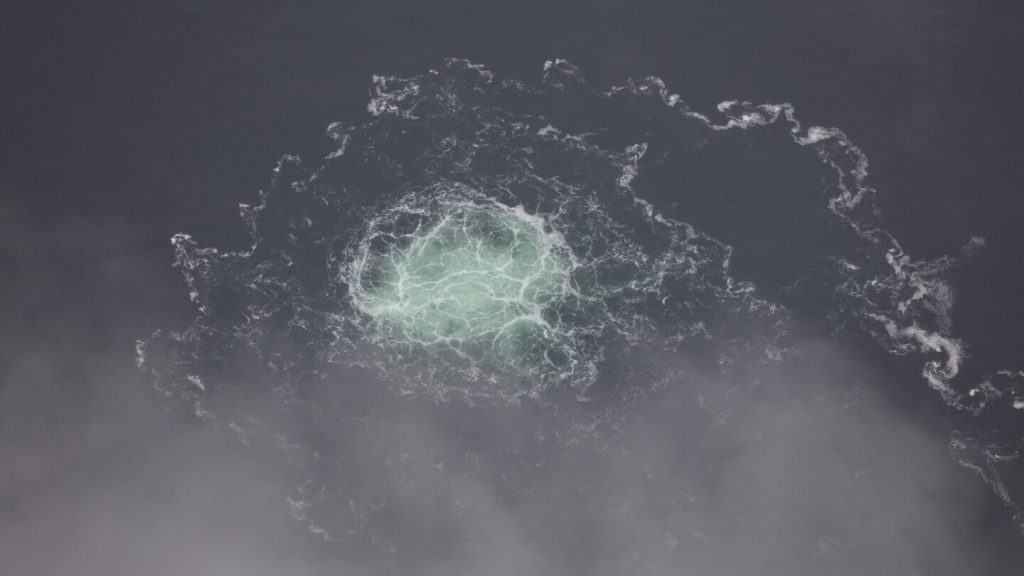The six northern European countries bordering the North Sea have signed an agreement to work together to protect underwater infrastructure in the northern part of the Atlantic Ocean from an increased risk of sabotage. The Danish Ministry for Climate, Energy and Utilities highlighted the importance of the North Sea as a hub for critical infrastructure connecting Europe through electricity cables, gas pipes, and telecommunications connections, as well as a vital source of renewable energy. This move comes in response to the 2022 explosions that damaged the Nord Stream gas pipelines in the Baltic Sea, leading to disruptions in Russia’s natural gas supply route to Germany.
The explosions that occurred in international waters but within Swedish and Danish economic zones ruptured the Nord Stream 1 pipeline and damaged the Nord Stream 2 pipeline, which was never put into service due to the certification process suspension by Germany before Russia’s invasion of Ukraine. Denmark’s Climate, Energy, and Utilities Minister Lars Aagaard emphasized the potential of the North Sea to become a renewable and secure energy supply hub for Europe, supporting the transition to a fossil-free future. The six countries involved – Denmark, Belgium, Britain, Germany, Norway, and the Netherlands – aim to collaborate to protect critical infrastructure across borders through coordinated efforts.
The cooperation among the six countries will involve reviewing current protection and resilience measures, sharing information and knowledge, and reporting relevant information on an operational level as outlined by the Danish ministry. Additionally, the collaboration will rely on existing work tracks within the EU and NATO to enhance security and safeguard critical infrastructure in the North Sea region. In a separate development in May 2022, Denmark, Belgium, the Netherlands, and Germany announced plans to accelerate the continent’s transition to green energy and reduce reliance on Russian energy imports by constructing wind farms in the North Sea. Danish Prime Minister Mette Frederiksen mentioned a fourfold increase in offshore wind capacity by 2030 and a tenfold increase by 2050 with the aim of providing energy to 230 million European households.
The focus on protecting underwater infrastructure in the North Sea region underscores the importance of securing critical assets and enhancing resilience against potential sabotage threats. With the challenges posed by geopolitical tensions and disruptions to energy supplies, the cooperation among the six countries represents a proactive approach to safeguarding vital connections and energy sources in the Atlantic Ocean. By working together to strengthen protection measures, share information, and coordinate efforts across borders, the countries aim to ensure the security and reliability of the North Sea as a key component of Europe’s energy infrastructure. The joint agreement reflects a commitment to sustainable energy development and security in the face of evolving threats in the region, emphasizing the need for collective action to address common challenges.


